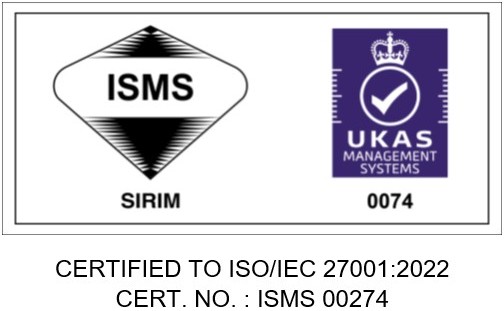PETALING JAYA: Malaysia will step up promotion efforts to woo investments from China and India to diversify sources of foreign direct investment (FDI) since funding from traditional sources among the more advanced economies has fallen due to the economic recession.
“As a measure to diversify the sources of FDI, Malaysia is now looking to promote investments from emerging economies such as India and China,” International Trade and Industry Minister Datuk Seri Mustapa Mohamed said in an email reply to StarBiz.
The Statistics Department’s November 2009 report on external trade data revealed that China was Malaysia’s number two export destination while Malaysia was the top destination for Chinese imports.

Datuk Seri Mustapa Mohamed says Malaysia’s lower FDI last year reflected a substantial drop in global FDI flows.
Malaysia is India’s number two trading partner in South-East Asia with two-way trade exceeding US$10bil in 2008.
A report by the United Nations Conference on Trade and Development (Unctad) showed that global FDI flows had decreased by 39% last year to just over US$1 trillion compared with 2008.
Unctad estimates that Malaysia’s FDI inflows last year totalled US$2.7bil compared with US$8.1bil the country attracted in 2008. Malaysia has experienced a net outflow in FDI since 2006 as state investment agency Khazanah Nasional Bhd and other local corporations have expanded abroad due to a smaller market and lower profit margins at home.
Mustapa said the country’s decreased FDI flows last year was a reflection of a substantial drop in global FDI flows.
He said the economic recession showed how highly dependent the country was on foreign investments from the more advanced economies.
“The levels of FDI into Malaysia, which have traditionally been from the advanced countries such as the US, Singapore and Germany, depend on the health of their economies, which have been adversely affected and are still recovering,” Mustapa said.
He added that another major factor affecting the fall of foreign investment in Malaysia was the shift in economic priorities as the Government was promoting high-technology and knowledge-based industries compared with the low-technology and labour-intensive industries of before.
Mustapa said this had resulted in a flow of investments to countries where low-technology industries still predominate.
“It should be noted that despite the recession, investments from Japan, South Korea and China showed an increase in 2009 compared with 2008,” he said.
He said specific task forces had been set up to go on project missions abroad to entice companies with expertise in the growth areas the Government was promoting for investment by offering them pre-packaged customised incentives.
In recent years, Chinese companies have become more prominent in multi-billion dollar deals. Among the more recent ones was State Grid Corp of China’s partnership with the Government’s strategic development firm 1Malaysia Development Bhd to invest up to US$11bil to develop the Sarawak Corridor of Renewable Energy.
China Harbour Engineering Co is also involved in the 26km second Penang bridge project while China was also awarded the Gemas-Johor Baru double-tracking project late last year.
India’s Vivo Biotech Ltd and Vanguard Creative Technologies Sdn Bhd had also recently signed a memorandum of understanding with the Malacca government’s Melaka Biotech Holdings Sdn Bhd for the development of a RM450mil research and manufacturing facility.
- The Star
Last Updated 2015-05-14 12:00:13 by admin2













 Home
Home






























